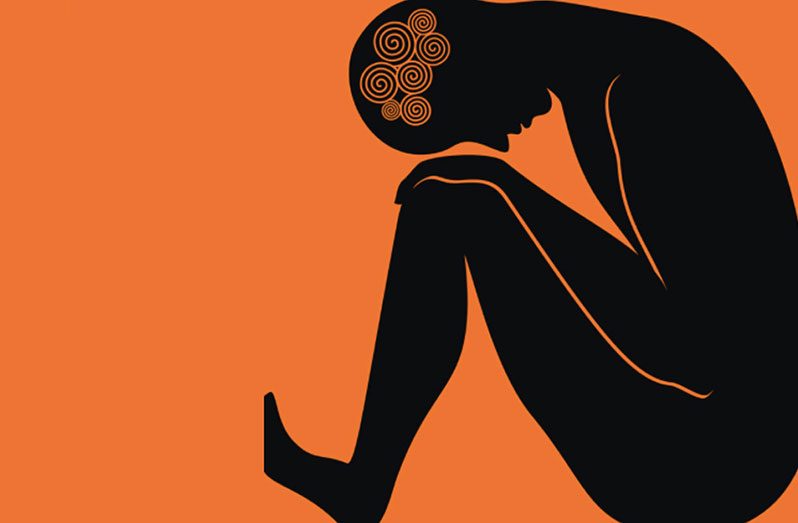By Vanessa Cort
“I FELT afraid,” said Carol, who is married and has three children. In fact, she recalled that in the early days of the COVID-19 pandemic she had many sleepless nights.
She would toss and turn, sometimes getting up during the night to check on her husband and children. She touched their foreheads to see if they had a temperature, going to each child’s bedroom in her spacious two-storeyed house in Herstelling, East Bank Demerara.
By the time she was finished she found that she could not go back to sleep; she had become an insomniac. Now, almost 18 months later, she is calmer but the worry still remains, though she has taken certain steps to protect her family. Her school-aged children are at home and two of them are taking online classes while the third is tutored for three hours daily, from Monday to Friday.
“I don’t want anything to happen to my children…I’m a serious woman with my children,” she told me, when I noticed how keenly she monitored the children’s online work.
“Yes, I have to do that,” she said, “because he (referring to one of her sons) would be up there doing his own thing if I don’t keep checking.” In fact, one day when I visited, I noticed the youngster downstairs and was told by Carol that she wanted to keep a closer eye on him because he had not been keeping up with his classes.
Yet Carol is still fortunate, because, with a husband in building construction and property income, she does not work and can be at home with her children, particularly at this time.
When she does leave her home, she issues strict instructions to her children on securing the gate and locking doors, ensuring that they are safe inside. She is much more aware of the need for vigilance around her home because of the increase in petty crime among jobless young men, some of whom can no longer get the casual work they had before the pandemic struck.
“I felt marooned in my own home,” said Aaron, with a rueful smile, clearly recalling his feelings of isolation when he first learned of the Coronavirus and the surging death toll.
“I was scared”, he said, “and I told my boss I would work from home.” His boss did not object as long as the work got done and so he established a routine each day, spending a certain amount of time at his computer.
He was even afraid to have friends visit his home and soon found himself bored and unable to cope with the silence.
“So, you know what I did? I went back to work,” he laughed. But he limited his time at the workplace to one day per week and now goes to a nearby outdoor bar for after work drinks and a chat with colleagues.
“This has helped me,” he added, realizing that he was in desperate need of a ‘release valve’ that would give him a welcome from his constant worry over the pandemic.
But he voiced his concern about some people in his home village of Plaisance, East Coast Demerara, who have locked themselves away in their homes and remain in isolation.
“Some of them don’t know what is going on in the outside world,” he said, acknowledging that these people are living in fear, like so many others around the country.
“We have to talk about this thing…but now we seem to be getting more divided because of arguments over the vaccine.”
But as the primary objective is to keep everyone safe and healthy, then we have to put aside our differences.
“A lot of people are keeping things bottled up inside,” Aaron remarked, graphically pointing at his head.
And as the experts tell us, that is not a good thing. We have to come together and talk about our fears and anxieties over this pandemic and not let it get the better of us.



.jpg)











